Question And Answer
Publications
Articles, publications, books, tools and multimedia features from the U.S. Institute of Peace provide the latest news, analysis, research findings, practitioner guides and reports, all related to the conflict zones and issues that are at the center of the Institute’s work to prevent and reduce violent conflict.
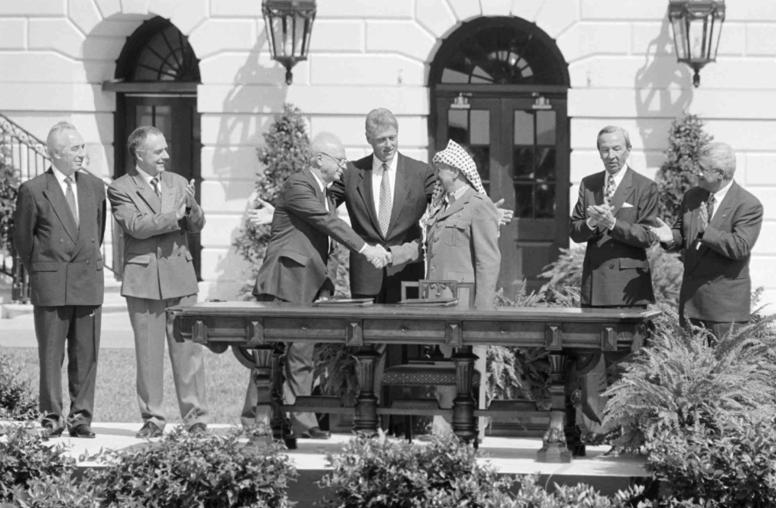
A Primer on Multi-track Diplomacy: How Does it Work?
If you asked someone to define diplomacy, chances are they would describe two governments meeting, shaking hands, sitting at a table, and negotiating an official agreement. But that more traditional view of diplomacy is only one iteration, often called track 1 diplomacy. Diplomacy can occur in a number of forms, or “tracks,” that engage various participants, from academics to policymakers to heads of state. In an increasingly complex global environment, peacebuilders and diplomats looking to address difficult policy challenges are increasingly incorporating track 1.5 and track 2 dialogues—often referred to as “back channel” diplomacy—into their strategies.
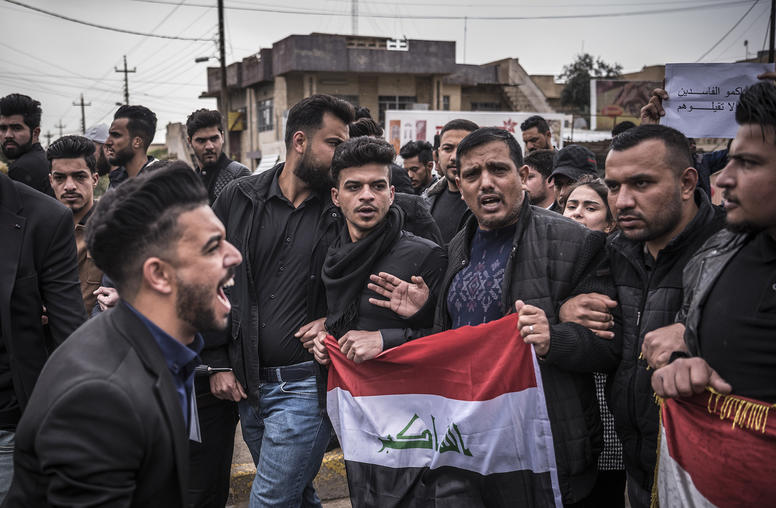
Iraq’s Democratic Imperative: Getting Provincial Elections Right
Iraq’s landmark 2018 national elections—the first since the military defeat of ISIS—presented an opportunity for a much-needed course correction for the country’s sclerotic political process. Unfortunately, that opportunity was not seized properly. The vote was marred by claims of widespread fraud, low voter turnout, a delayed results announcement and a protracted government formation process.
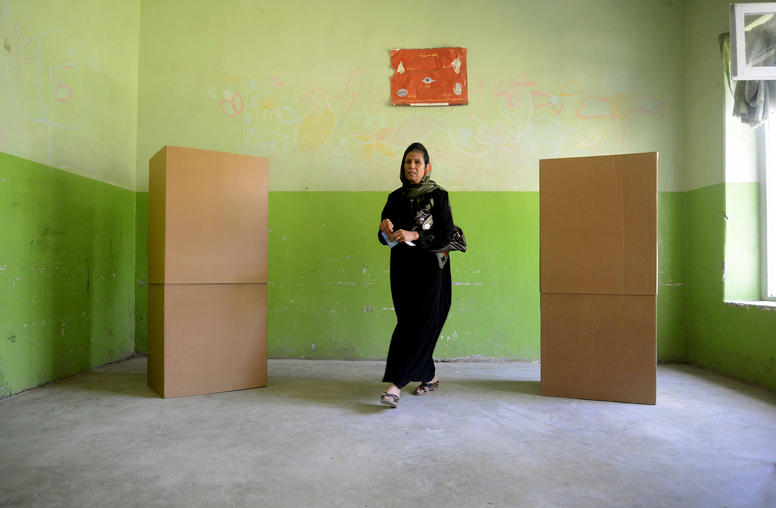
Afghanistan Still Has a Chance to Improve This Election
As the United States, the Afghan government and the Taliban maneuver toward a peace process for the country, the strength of the current Afghan government and political system will be affected by the credibility, in Afghans’ eyes, of the presidential election set for September 28. Yet the credibility of Afghan elections is weakened by unresolved allegations of criminal fraud—especially against the nation’s former top election officials—in last year’s parliamentary balloting. With just 53 days remaining before the presidential vote, time is now short—but Afghan authorities still can take steps to improve the prospects for an election that citizens might see as credible and legitimate.
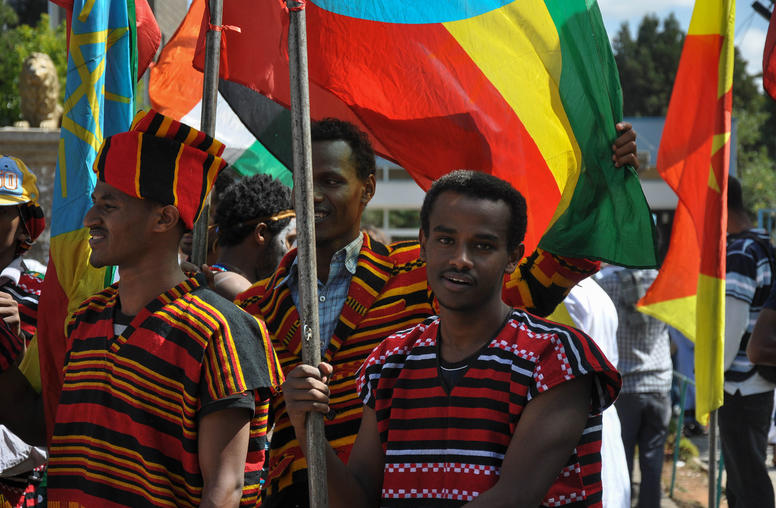
In Southern Ethiopia, Trouble Brews in Sidama
The southern Ethiopian area of Sidama is famous for its coffee. But amid the beans, bitterness lingers. More than 50 people were killed in recent violence, as Ethiopia struggles with demands for the creation of a new Sidama ethnic federal state—a right explicitly permitted by the national constitution. USIP’s Aly Verjee discusses the implications of this latest challenge to peace in Africa’s second most populous country.
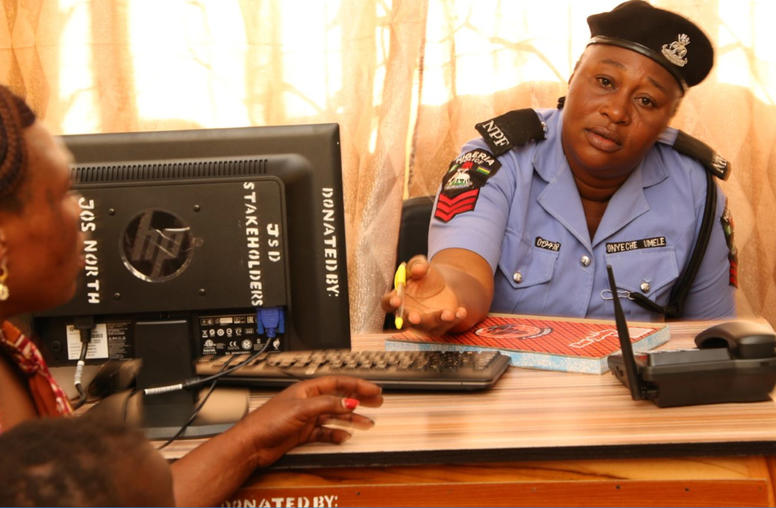
As Africa Battles Sexual Violence, a Nigerian City Shows How
When civic leaders and officials in Jos, Nigeria, launched an initiative in 2017 to calm repeated bloodshed in the city, a series of dialogue forums with residents revealed a chilling pattern of hidden violence in their midst: sexual assault. Girls and women recounted rapes and attacks for which justice was impossible, often because authorities were unresponsive. The women faced a problem common to their sisters across Africa: national laws against sexual violence were having little effect on the ground. But the dialogues have wrought a change. In May, police in Jos opened the city’s first unit dedicated to investigating sexual and gender crimes.
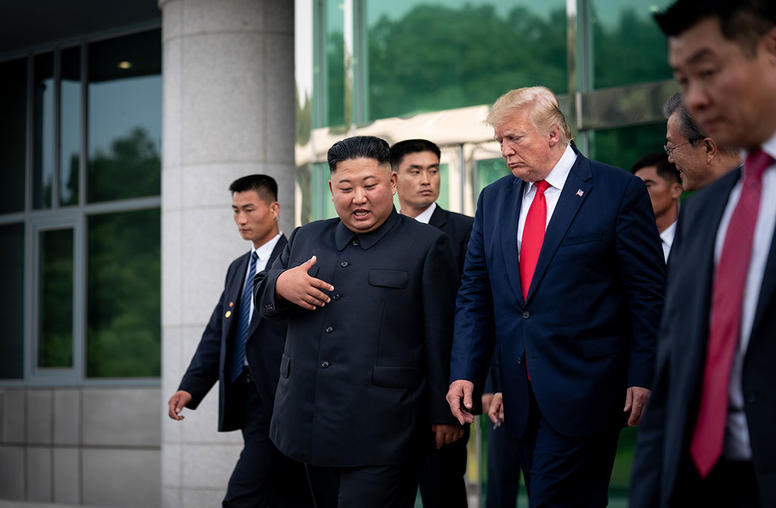
What’s Next with North Korea?
It’s been over a month since President Trump became the first sitting American president to set foot in North Korea. After months of stalled talks, this third Trump-Kim meeting was greeted with optimism, as the two leaders agreed to resume working-level negotiations. Not only have those talks not started up again, but North Korea has since conducted several missile tests in what many experts believe is a bid to maintain pressure on Washington and Seoul.
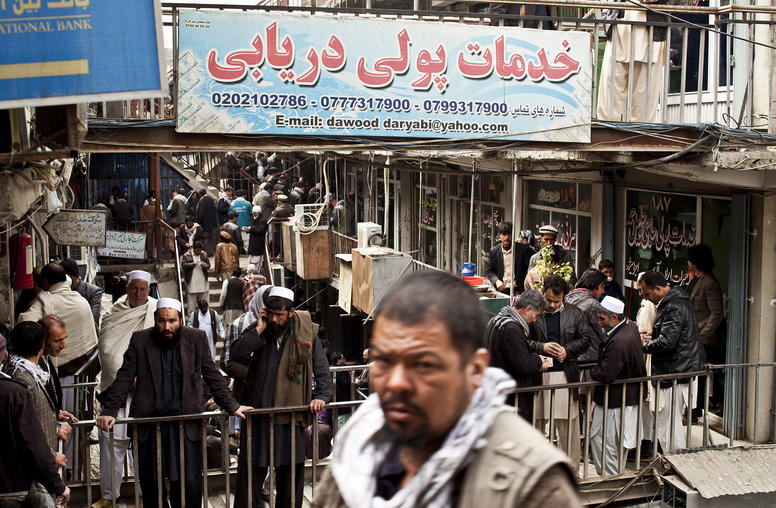
Afghan Government Revenue, Critical for Peace, Grows in 2019
An Afghanistan peace deal, currently under discussion between the Taliban and U.S., will depend in the long term on more than political and military agreements. A sustained peace will also require that the Afghan government can generate growing revenue to help pay its soldiers, deliver services and reduce its dependence on...
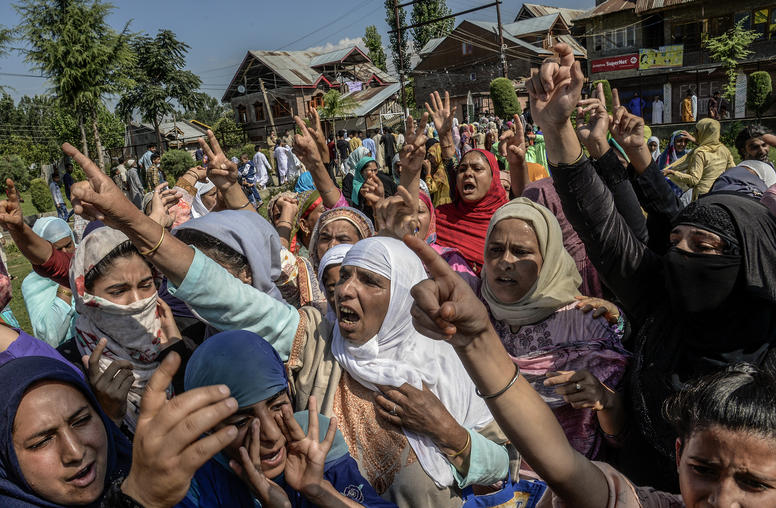
Kashmir Crisis Raises Fear of Intensified India-Pakistan Conflict
Last week, India made a controversial decision to revoke the special status of the disputed region of Kashmir and sent thousands of troops to quell any potential unrest. The Muslim-majority territory has been a major source of tension between India and Pakistan since it was partitioned between...
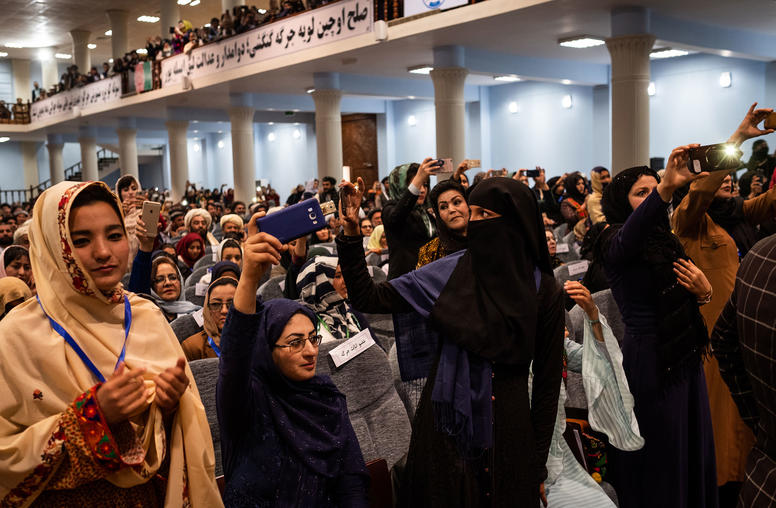
Afghans Want the Right Peace Deal, Not Just an End to Violence
Afghans are hopeful that a peace deal between the Taliban and the U.S. will bring them a step closer to the end of the country’s four decades of conflict. This protracted state of war has resulted in the loss of countless lives; mass displacement; and the destruction of infrastructure and the education and justice systems. Afghans will feel the consequences for generations to come.
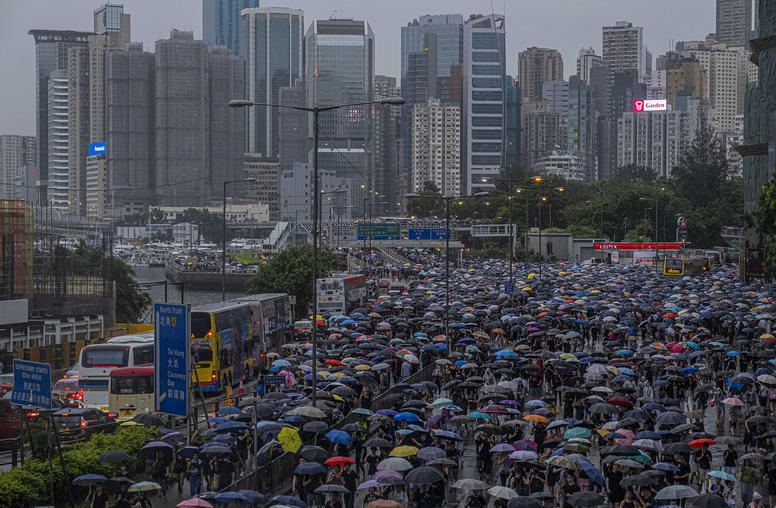
Despite Beijing’s Threats, Hong Kong Protesters Remain Unbowed
Hong Kong saw another massive rally on Sunday, with an estimated 1.7 million pro-democracy protesters taking to the streets. So far, China’s response to the protests, which started in June over a proposed bill that would have allowed extradition to mainland China, has largely consisted of a disinformation campaign and support for the Hong Kong police, which have engaged in violent beatings, extensive use of tear gas, and firing of rubber bullets to clamp down on the protesters. USIP experts discuss how the situation has evolved, the potential of Beijing conducting a violent crackdown, what the international community’s response would be, and what the U.S. can do.